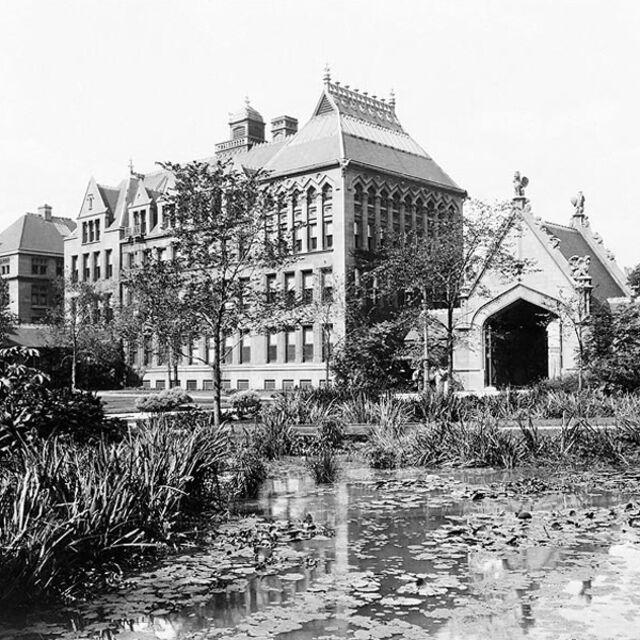Our department is home to a large and diverse faculty, organized into 15 sections led by nationally recognized experts. These include:
- Biomedical Data Science
- Cardiology
- Dermatology
- Emergency Medicine
- Endocrinology, Diabetes & Metabolism
- Gastroenterology, Hepatology & Nutrition
- General Internal Medicine
- Genetic Medicine
- Geriatrics & Palliative Medicine
- Hematology/Oncology
- Hospital Medicine
- Infectious Diseases & Global Health
- Nephrology
- Pulmonary & Critical Care Medicine
- Rheumatology
With a shared passion for discovery, service, and innovation, the Department of Medicine continues to shape the future of health care—locally and globally.
Research Impact
The Department of Medicine is built on a strong foundation of original, rigorous, and impactful research. Our faculty are leaders in both biomedical discovery and clinical investigation, and their work shapes the future of medicine while improving patient care today.
With a deep culture of inquiry and innovation, our research spans the full spectrum — from basic science to translational studies to practice-changing clinical trials. Many of our physician-scientists dedicate significant time to advancing knowledge in areas such as chronic disease, health disparities, computational medicine, and experimental therapeutics.
Collaboration is at the heart of our approach. Faculty lead and contribute to numerous interdisciplinary centers and institutes across the University, bringing together diverse expertise to solve complex health challenges. These efforts are supported by robust training programs that prepare the next generation of scientific and clinical leaders.
Our clinical research programs are especially strong in therapeutic development, including targeted therapies and epigenetics. Across our extensive research footprint, teams are driving progress through hundreds of clinical trials each year.
The Department of Medicine is consistently recognized as one of the nation’s top research departments — a reflection of our commitment to discovery, collaboration, and excellence in science.
Excellence in Patient Care
The Department of Medicine at the University of Chicago Medicine is home to nationally recognized leaders in clinical care and innovation. Our expert physicians provide comprehensive, specialized services across a wide range of subspecialties, delivering exceptional care to a diverse and often complex patient population.
Renowned for their expertise, many of our clinicians are consistently recognized among the best in their fields. Several of our programs have earned national distinction, reflecting our commitment to excellence and patient-centered care.
As a key part of the University of Chicago Medicine, the Department plays a central role in advancing clinical care, improving outcomes, and supporting the health and well-being of the communities we serve.
Education and Training
The Department of Medicine is strongly committed to educating and training physician-scientists and future leaders in academic medicine, within an environment that values cultural diversity and prioritizes patient safety. The Department offers a range of residency programs—including internal medicine, medicine-pediatrics, emergency medicine, and dermatology—as well as ACGME-accredited fellowships across multiple specialties.
Residents and fellows are well-prepared for careers in clinical care, medical education, and biomedical research. Many graduates from the Internal Medicine Residency program go on to pursue advanced sub-specialty training. A significant portion of fellowship graduates continue their careers in academic medicine, while others pursue further training or enter private practice.
The Department is also home to several distinguished medical research training programs, including a medical scientist training program, and holds multiple NIH-supported career development grants.
Diversity of Faculty and House Staff
Diversity in the Department of Medicine is a major priority as we seek to build a workforce that reflects the racial and ethnic makeup of the patients that we serve. The Department is highly active in promoting diversity, community based research and exploring ways to eliminate health care disparities. With outstanding leadership from our Diversity Committee, the Department of Medicine has enjoyed success in the recruitment of a diverse house staff while increasing the number of minority faculty in the Department. In addition, the Department has created a visiting clerkship program, and has initiated several important programs for underrepresented minority college students in the Chicagoland area.
